Tracking the Trends of the Palestinian Cause Since 1967
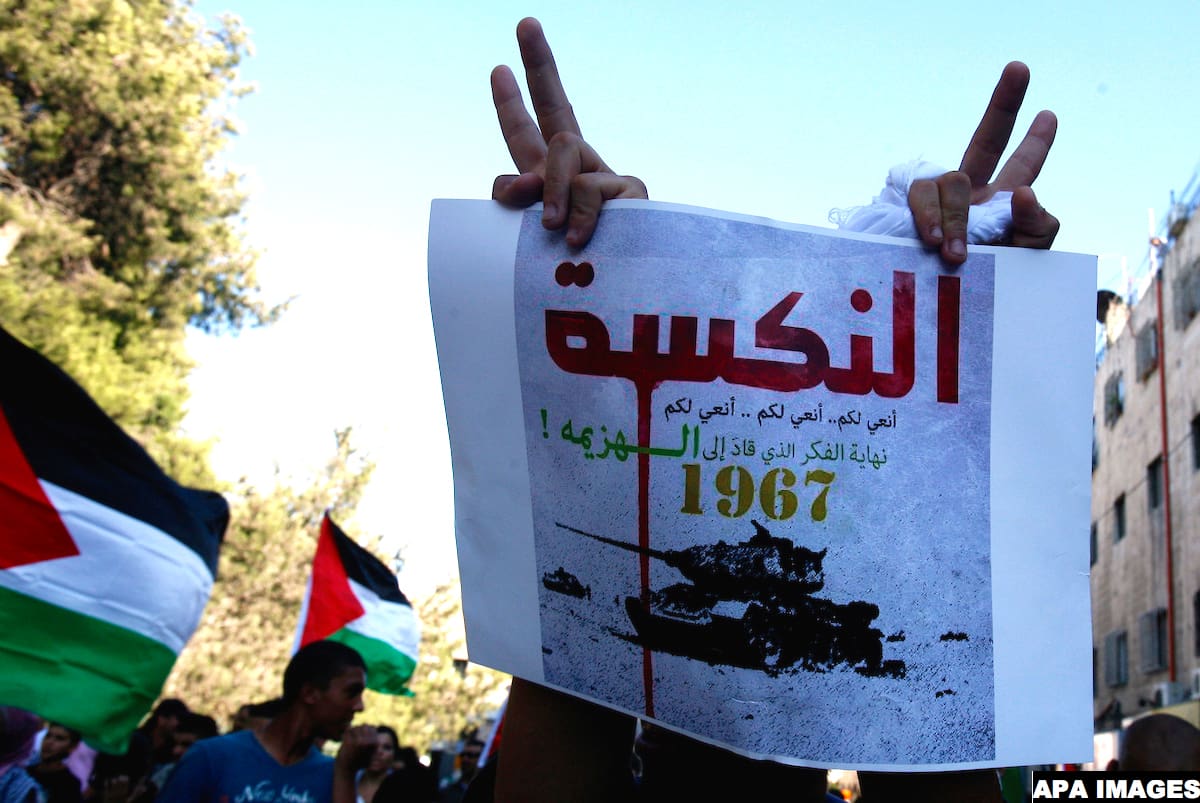
On the 50th anniversary of the 1967 War, Al-Shabaka’s Nadia Hijab and Mouin Rabbani take stock of the Palestinian cause from the eve of the war to today. They observe that the Palestinian people’s situation has almost come full circle but also note the obstacles to Israel’s attempts to snuff out Palestinian self-determination.
Beyond the Binary: Two States, One State, Failed State, No State
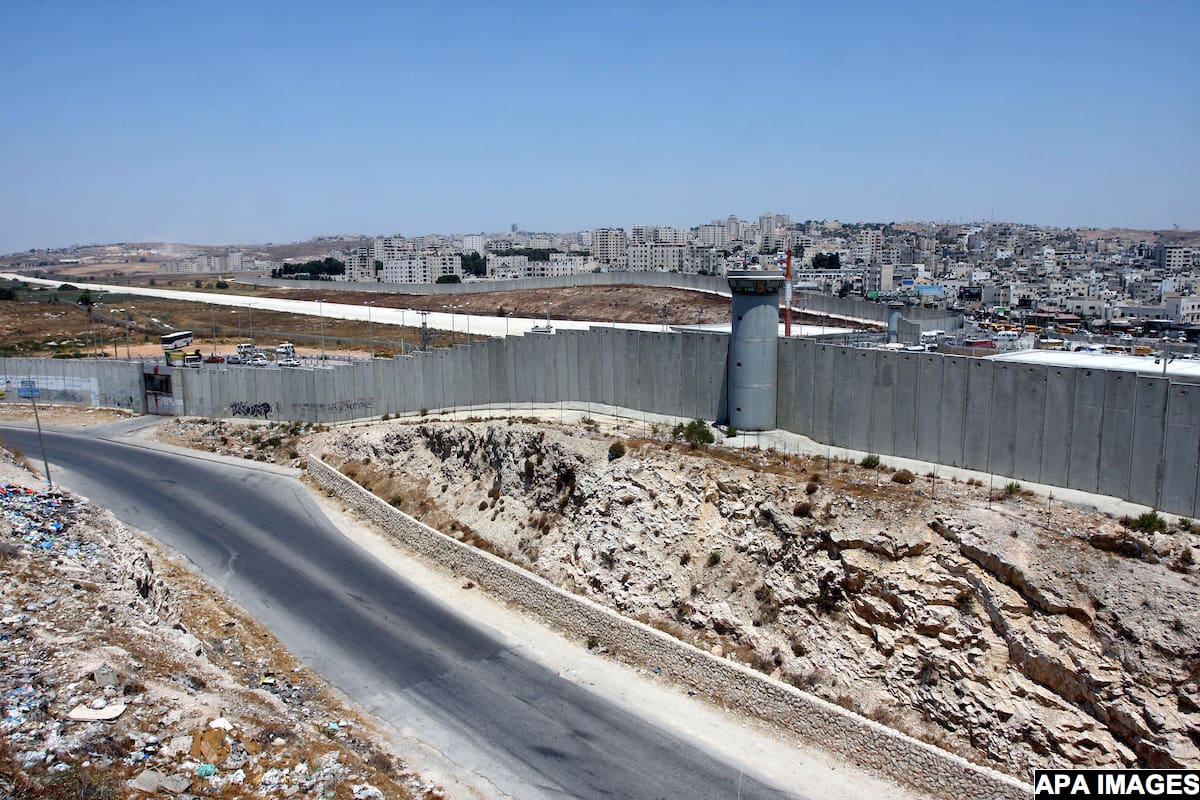
Though the international community has hailed the two-state solution since the early 1990s, it has become clear that Israel’s fragmentation of Palestinian people and territory over the past 50 years aims to make a sovereign Palestinian state impossible. While politicians explain this as a result of misunderstandings or missed opportunities between the two parties, the accurate explanation is that Israel does not, in fact, desire two states. This outcome would undermine its goal of conserving preferential rights for Israeli Jews in the territory under its control. Numerous progressives now argue that one state with equal rights for all is the logical alternative. While such a binational state may be just, it is highly unlikely, especially in the short to medium term.
The Palestinian Authority Security Forces: Whose Security?
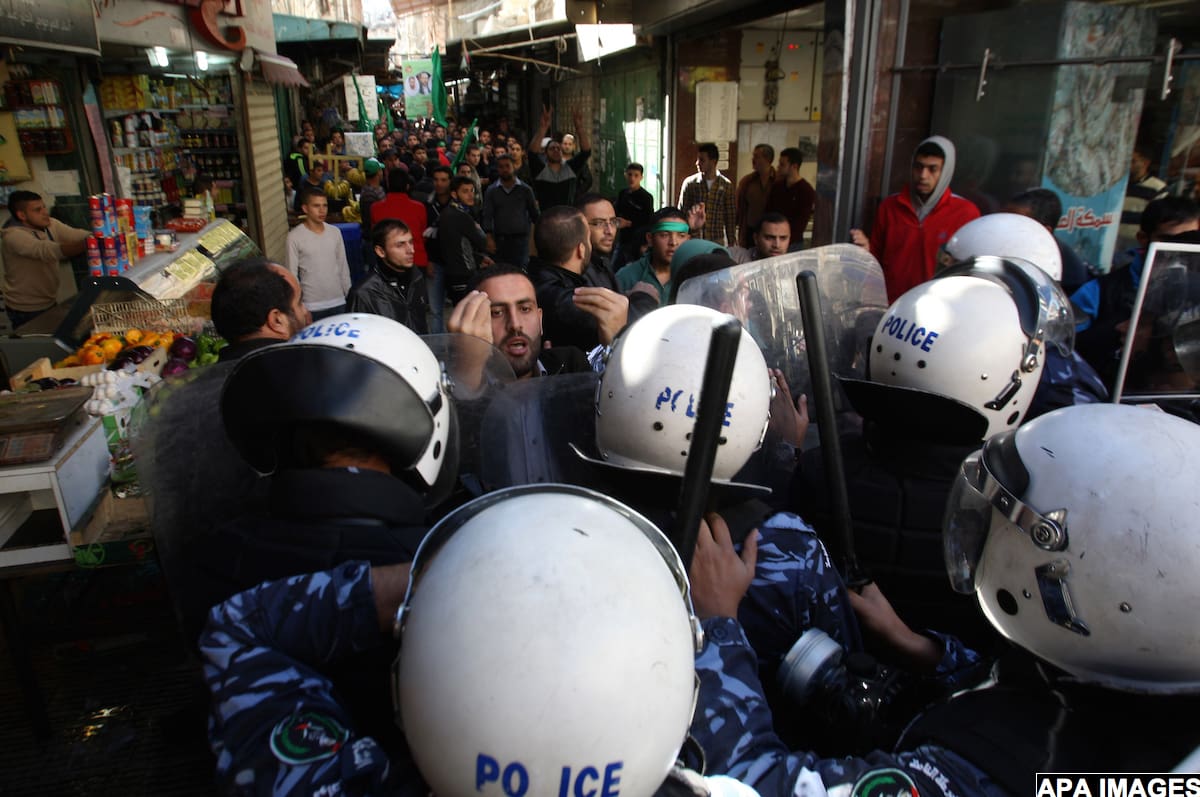
As Israel’s military occupation reaches its 50th year, Al-Shabaka Program Director Alaa Tartir argues that the Palestinian Authority (PA) security forces have not protected Palestinians, but have instead contributed to the criminalization of the Palestinian struggle for freedom. Tartir analyzes the evolution and “reform” of the PA security establishment and concludes with recommendations to overhaul the PA forces.
Focus On: Palestinian Refugees
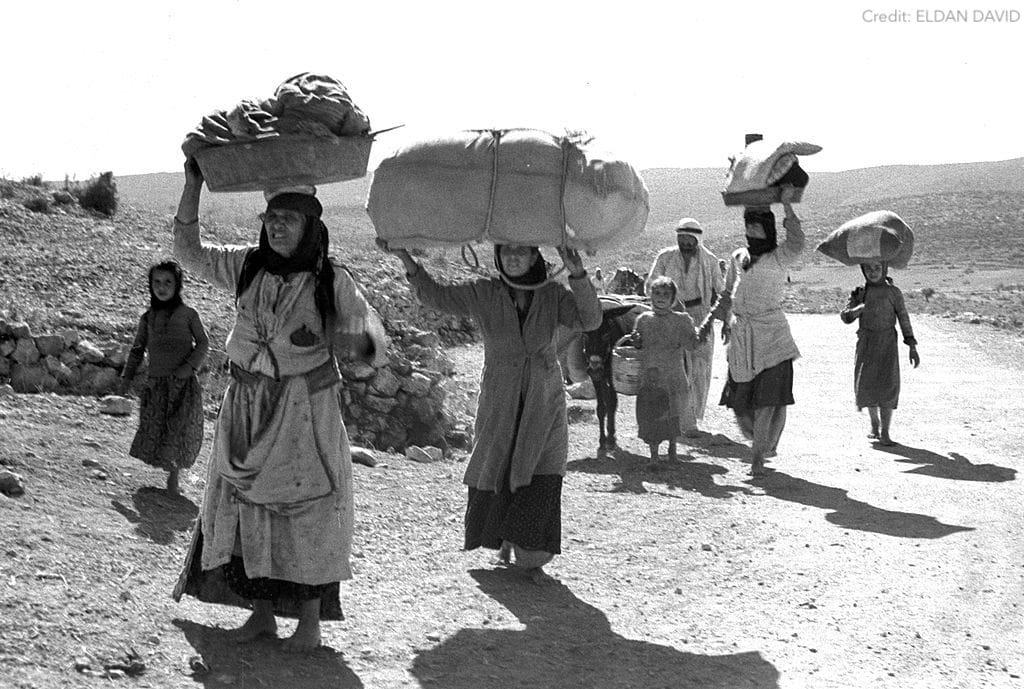
This collection of some of the most compelling pieces Al-Shabaka has published contextualizes and discusses the unique difficulties of Palestinian refugees displaced across the Middle East – from becoming refugees a second or third time due to the ongoing Syrian civil war to over-researching camps “famous” for tragedy while under-researching other refugee situations and exile communities.
Researching Palestinian Refugees: Who Sets the Agenda?

Research on Palestinian refugees overwhelmingly takes place in camps. Al-Shabaka Policy Analyst 24370 critiques this trend, tracing the ways in which such research is based on unequal power relations, a hegemony of European knowledge, and “Westernized” universities that ensure its production. She concludes with recommendations for how researchers can begin to address this intellectual pitfall.
Talking Palestine: What Frame of Analysis? Which Goals and Messages?
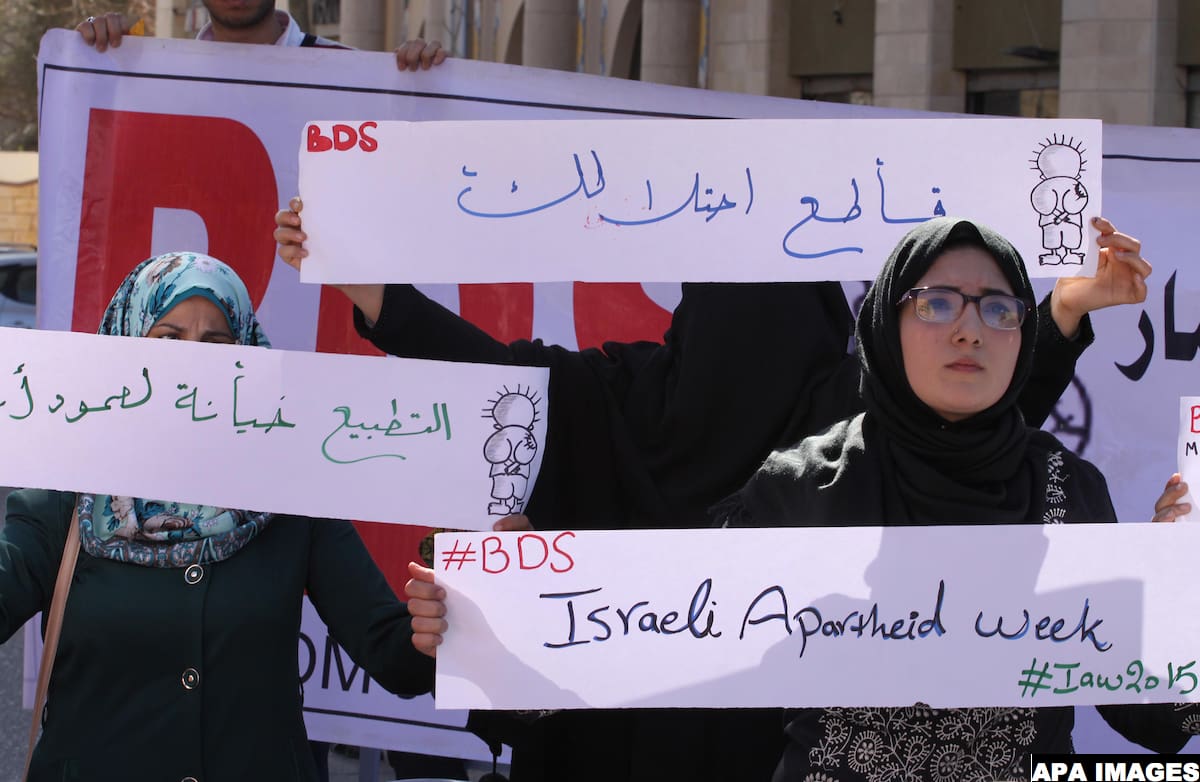
Palestinians are mired in a one or two-state debate that leapfrogs the need for a process of decolonization and reparations, argue Al-Shabaka Policy Analysts Nadia Hijab and Ingrid Jaradat Gassner. The authors compare different frameworks of analysis and conclude the anti-apartheid framework is most strategic in furthering Palestinian goals in the absence of a near-term political settlement.
Whose “Ethnic Cleansing?”: Israel’s Appropriation of the Palestinian Narrative
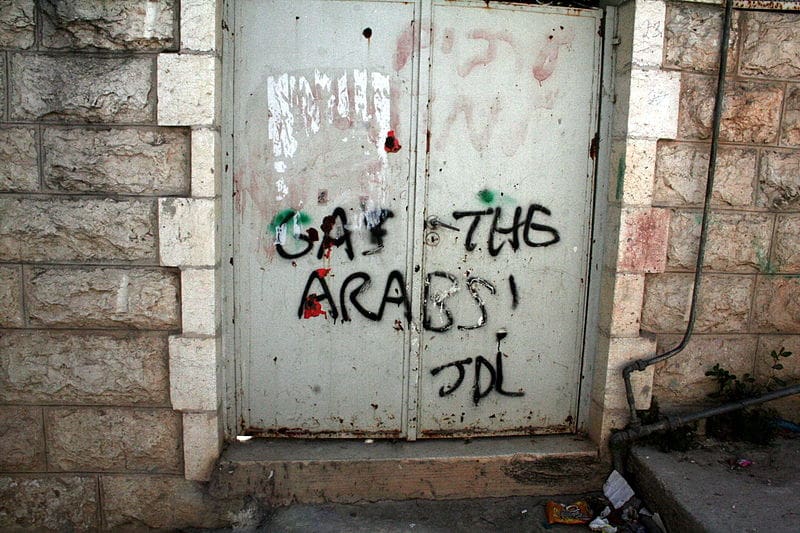
Benjamin Netanyahu recently claimed that the Palestinian demand to dismantle illegal Israeli settlements constitutes “ethnic cleansing” against settlers. Al-Shabaka Policy Analyst 24403 argues that such rhetoric is part of an Israeli strategy of appropriating a narrative of victimhood to garner public support, and recommends ways Palestinians can counter this tactic to further their quest for rights.
Focus On: Palestinian-Israeli Security Coordination
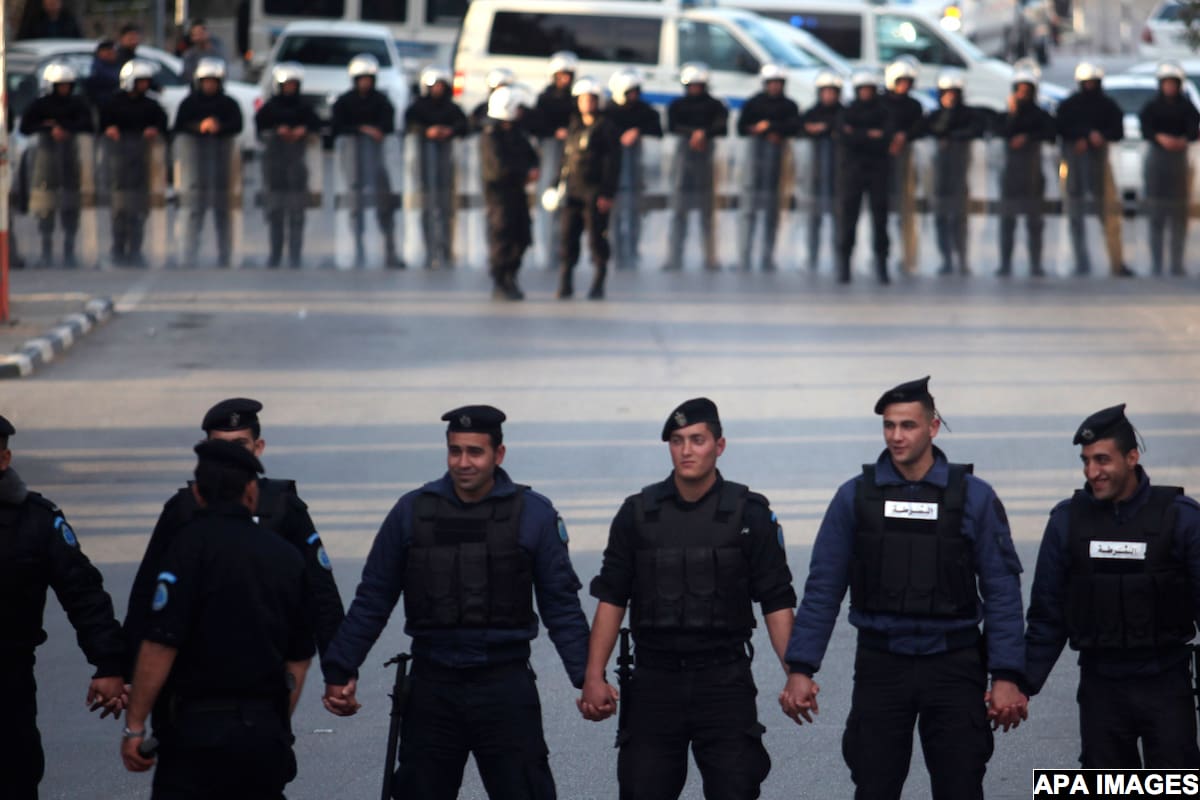
The Palestine Liberation Organization’s top leadership body, the Central Council, called for a halt to Palestinian security coordination with Israel in 2015. Yet PLO Chair Mahmoud Abbas has described it as sacred despite the breakdown of the peace process to end Israel’s 50-year military occupation and colonization of Palestinian territory. The killing by Israeli forces of activist and youth leader Basil Al-Araj, whom the Palestinian Authority had previously imprisoned – raising accusations that his jailing was part of its so-called revolving door policy – has refocused public attention on the issue. In the selection of pieces below, Al-Shabaka policy analysts discuss the origins and pillars of Israeli-PA security coordination as well as its consequences for the Palestinian people, who experience it as an additional layer of oppression to the multiple violations of their rights under occupation, within Israel, and in exile.
How Israel Uses Gas to Enforce Palestinian Dependency and Promote Normalization

The Israeli occupation does not only exist above ground. Al-Shabaka Policy Fellow Tareq Baconi examines how Israel enjoys a gas bonanza while barring the Gaza Strip from tapping its own fields. He argues that Palestinian dependency on Israeli energy amidst US calls for “economic peace” undermines Palestinian rights, and suggests ways to challenge this status quo.






